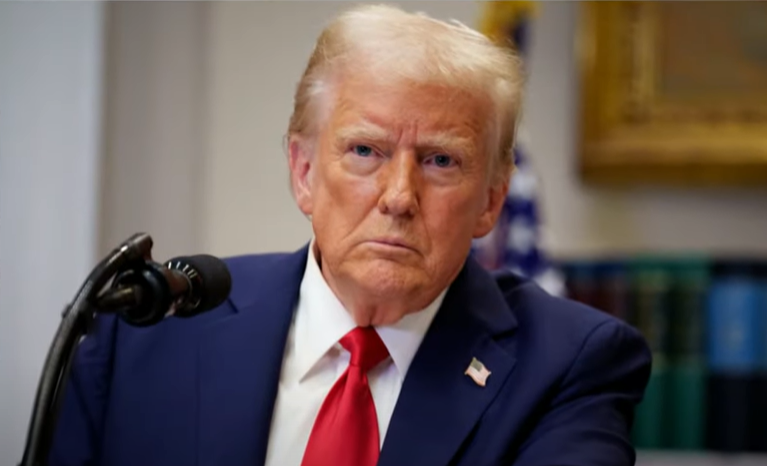Key Decision to Slash NIH Grants Sparks Widespread Backlash
The Trump administration, in collaboration with billionaire Elon Musk, announced a significant reduction in payments from the National Institutes of Health (NIH) to universities, hospitals, and research institutes. This move, which critics describe as “catastrophic,” threatens to disrupt essential scientific and medical research across the United States.
What Is Changing in NIH Grants?
Federal NIH grants traditionally cover both direct and indirect research expenses, including lab operations, utilities, and administrative costs. On average, 30% of NIH grants are allocated to indirect costs. However, the administration’s new policy imposes a flat 15% indirect cost rate on all grants starting Monday, a move expected to save taxpayers over $4 billion annually.
Elon Musk, the head of the Department of Government Efficiency, defended the decision, writing online:
“Can you believe that universities with tens of billions in endowments were siphoning off 60% of research award money for ‘overhead’? What a ripoff!”
Impact on the Scientific Community
Scientists and medical experts have expressed outrage, warning that the sudden cuts will have devastating effects on ongoing and future research projects:
- Massive Layoffs: Research centers and institutions may be forced to reduce staff significantly.
- Lab Closures: Reduced funds could lead to the closure of numerous research labs.
- Project Cancellations: Vital medical and scientific research projects may be halted indefinitely.
Jeffrey Flier, a Harvard University professor of medicine, voiced concerns:
“This approach to suddenly cutting NIH grant indirect costs will cause chaos and harm biomedical research and researchers in hospitals, schools, and institutes nationwide.”
Similarly, F. Perry Wilson from Yale University emphasized the critical impact on fundamental science:
“This is cutting right to the bone. It will lead to mass layoffs at academic research centers. These are places where fundamental science is done — science that industry won’t always fund because the ROI isn’t immediately clear.”
Potential Legal Challenges
The drastic cuts are expected to face legal challenges. Experts argue that Congress prohibited NIH from unilaterally changing its funding structure without prior approval. Samuel Bagenstos, former general counsel to the Department of Health and Human Services, labeled the move as both “illegal and arbitrary.”
Senator Patty Murray (D-Wash.) also issued a warning:
“By proposing an illegal and arbitrary indirect cost rate, Trump and Elon are functionally forcing an indiscriminate funding cut for research institutions across the country that will be nothing short of catastrophic for so much of the lifesaving research patients and families are counting on.”
Conclusion: An Uncertain Future for U.S. Science
As the scientific community braces for the fallout, experts and lawmakers are urging swift legal action and policy revisions. The long-term implications for America’s position as a leader in global innovation remain uncertain.
